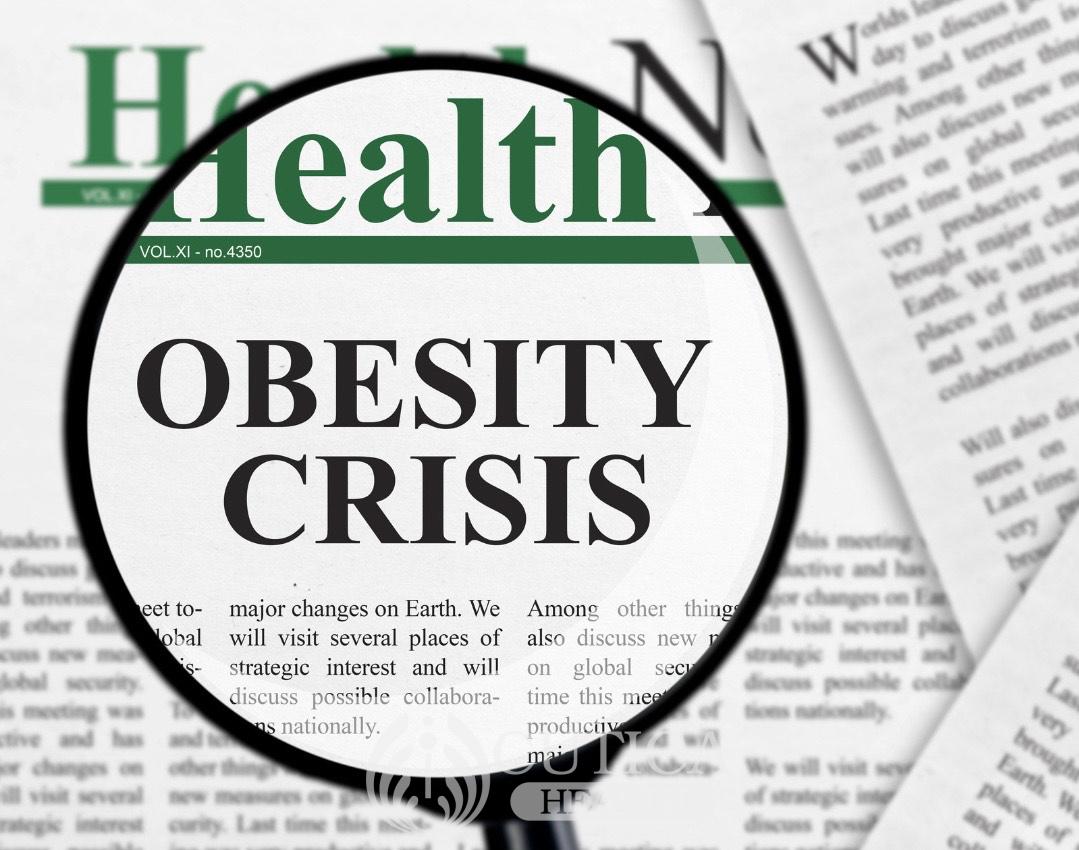
Janet has returned from school again, crying and wishing to be left alone. Her grades have fallen steeply in school and all her friends have left her alone. They call her “fat” “big” and laugh at her every chance they get.
Obesity has become an a global problem, with rising prevalence of overweight and obesity across childhood and middle-aged population around the world. With the rural-to-urban drift seen in many parts of Africa, obesity is slowly becoming a public health problem in the region.
The health impacts of obesity have been widely studied and discussed; from increased risk of cancers, heart disease, diabetes, to increased risk of surgical complications, obesity is associated with a lot of diseases; however, what has not been so demystified is the social impact of obesity.
First, obesity stigma has become a real mental health challenge across the world. People who are overweight or obese are called many denigrating names and are made to feel less of who they are. Obese or overweight persons experience stigma from employers, healthcare professionals, the media, and even family, causing them serious mental health distress and, in some cases, social isolation and suicidal ideation.

As a result, living with obesity has becomes a risk factors for psychosocial issues, namely depression, anxiety, and decreased self-esteem. Obesity stigma hits children the hardest, who get to face outright rejection, bullying, and jest from their playmates, friends, and even family.

As a result of these weight-biased attitudes, people with obesity have to deal with low quality of life an diminished social performance. Children begin to report poor school outcomes, adults begin to record poor performance at work, leading, ultimately, to reduced life chances and opportunities. In turn, these lead to social and health inequities.
Coupled with the huge costs of chronic diseases and other complications of obesity, these social factors cause deep financial burden on obese people, who may turn to eating more or abusing drugs to cope with the stress. These, in turn, may lead to antisocial behaviors, including crime and theft.
In essence, obesity triggers a vicious cycle that leads to not only health problems, but also psychosocial maladies.
Public health agencies and governments need to, therefore, improve awareness of theses consequences of obesity and draw out strategies to mitigate the risk factors for obesity. Emphasis should not be placed on diet alone as there are other factors that cause obesity: genetic predisposition and family history, underlying medical problems, as well as environmental factors.
Public health agencies, governments, and advocate groups need to take a holistic approach to solving the global burden of obesity, focusing on small steps people can take to achieve a healthy weight, including lifestyle habits and healthy dietary choices.
Some of the ways governments can promote these healthy habits include constructing sidewalks and bike trials to improve physical activity and creating policies that encourage healthy lifestyles, such as smoke-free zones.
In workplaces, employers can promote healthy behavior by pivoting wellness strategies to encourage a healthier workforce. Set physical activity goals, incentivize gym membership, provide wellness coaching, and educate employees on food wellness.

In the family, parents need to be a positive force for their children, helping them combat overweight and obesity without negatively impacting their mental health. Set healthy food goals, exercise targets, and limit your children’s screen time.












